Post-Traumatic Stress
Living through trauma can leave deep emotional and physical scars. PTSD and trauma-related stress can affect relationships, work, and your overall sense of safety. Healing is possible with the right support.
Common challenges:
Flashbacks or intrusive memories
Nightmares or disrupted sleep
Hypervigilance or feeling “on edge”
Avoidance of reminders of the trauma
Emotional numbness or detachment
How therapy helps:
We provide trauma-informed care, using evidence-based approaches such as Written Exposure Therapy (WET), grounding strategies, and mindfulness skills to help you process experiences in a safe and supportive way.
Our approach:
You set the pace. We’ll work together to reduce symptoms, build resilience, and help you move toward a sense of safety and control in your life.
-
Symptoms of PTSD take several forms and are not always immediately noticeable after an event. Symptoms of PTSD can include:
Reexperiencing
intrusive nightmares, memories, thoughts, or physiological reactions to certain cues
Avoidance
efforts to avoid internal and external reminders of the traumatic event
Alterations in cognition and mood
negative beliefs about self and others, negative emotional states
Increased arousal and reactivity
such as hypervigilance, irritability, sleep difficulties
-
PTSD can be treated using many approaches so don’t feel like you are out of options. Treatments of PTSD can include:
Cognitive processing therapy
Prolonged exposure therapy
Skills training

